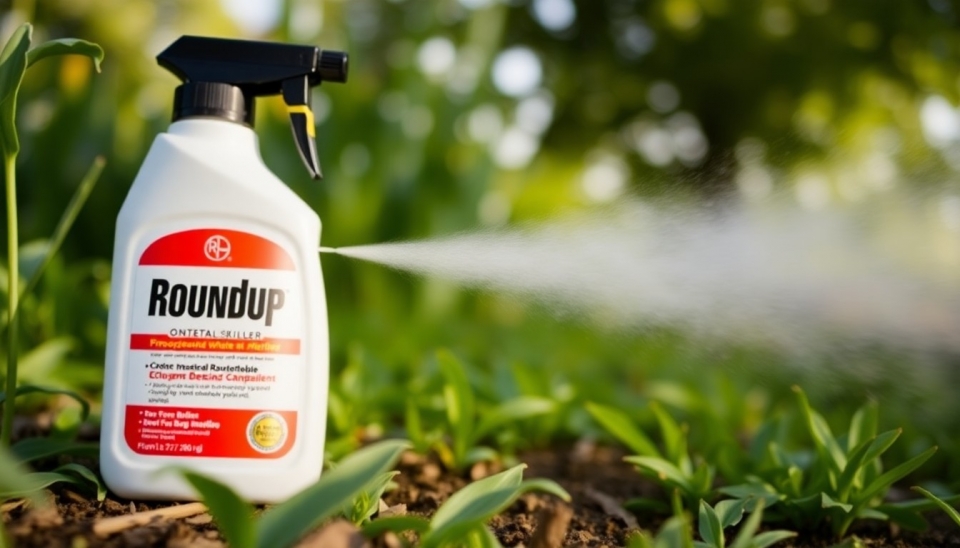Bayer Ordered to Pay $2.1 Billion in Latest Roundup Weedkiller Lawsuit

Recently, Bayer was forced to accept a court ruling ordering it to pay $2.1 billion in a lawsuit related to damages attributed to its herbicide Roundup. This decision stems from lengthy litigation in several cases surrounding this popular weed control product. Bayer's crisis has been exacerbated by escalating allegations that Roundup may cause cancer. Despite vigorous attempts by the company to contest these claims and demonstrate the safety of its product, the court ruled that Bayer bears responsibility for the damages.
The court concluded that certain components of Roundup, notably glyphosate, are carcinogenic to humans, which raises questions not only about the safety of the product itself but also about the ethical concerns related to its use in agriculture. Bayer, which acquired Roundup’s parent company, Monsanto, for $63 billion in 2018, faces disastrous financial repercussions due to the multitude of lawsuits filed against it regarding this issue. This ruling marks a part of a larger compensation package that Bayer must pay to claimants asserting that their health was harmed by the use of the herbicide.
In response to the growing number of lawsuits and negative public reaction, Bayer has taken several measures to improve its reputation, including planned limitations on glyphosate use in certain countries. However, these actions have also led to a decline in the company's stock and a loss of investor confidence.
The need for increased transparency and a reevaluation of safe agronomy practices is becoming more pressing in light of this situation. Critics emphasize that such cases demand stricter regulations surrounding agricultural chemical production and greater awareness among consumers regarding the potential dangers of standard herbicides.
In the future, Bayer may face even greater challenges if it continues to deal with lawsuits and investigations related to the safety of its products. The conclusion that Roundup herbicide is potentially hazardous to human health may lead to further declines in sales and consumer confidence in the company, creating significant problems for its financial standing.
The concerns surrounding Roundup herbicide are part of a broader discussion about the safety of chemicals used in agriculture and the global demand for more sustainable and safe agricultural technologies.




